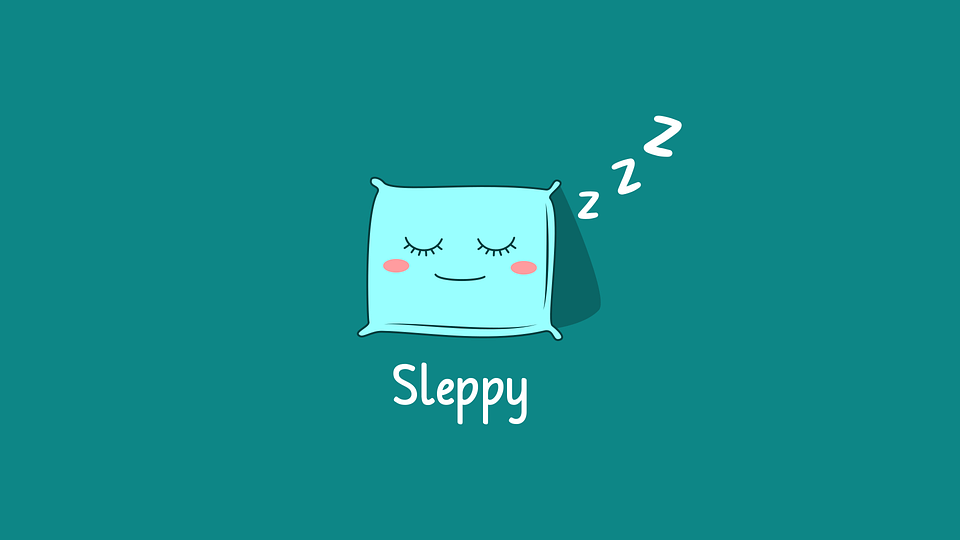Struggling with sleep but hesitant to try something that might leave you groggy, foggy, or dependent? You’re not alone. According to the Centers for Disease Control and Prevention (CDC), about 1 in 3 adults in the U.S. doesn’t get enough sleep. While sleep aids are widely used, not all are created equal in terms of safety.
Fortunately, research supports several safe, gentle sleep aids that don’t carry the same risks as prescription sedatives. In this guide, we’ll walk you through seven of the safest sleep aids, backed by science and trusted by experts.

1. Melatonin
Melatonin is a hormone your brain naturally releases in response to darkness, helping regulate your sleep-wake cycle. When taken as a supplement, it’s particularly helpful for jet lag, shift work, and occasional insomnia.
Why it’s safe: Melatonin mimics your body’s natural rhythm, is non-addictive, and has minimal side effects when taken in low doses (0.5–3 mg) Learn more about melatonin from NIH
2. Magnesium
Magnesium supports relaxation of the nervous system and promotes deep, restorative sleep. Forms like magnesium glycinate or citrate are especially effective.
Why it’s safe: Magnesium is a naturally occurring mineral essential for health, generally well tolerated with a low risk of side effects.
3. L-Theanine
L-Theanine is an amino acid found in green tea that encourages relaxation without drowsiness. It can reduce anxiety and improve sleep quality when taken before bedtime.
Why it’s safe: Non-habit forming and often used with other natural sleep aids for a synergistic effect.
4. Valerian Root
Used for centuries as a natural remedy, valerian root may improve sleep quality and reduce the time it takes to fall asleep, although research results vary.
Why it’s safe: Plant-based and generally well tolerated, valerian does not usually cause morning grogginess.
5. Glycine
Glycine is an amino acid that helps lower your core body temperature, signaling your brain it’s time to sleep. It’s available in capsules or powder form.
Why it’s safe: Naturally found in food and the body, glycine has a clean safety profile with no dependency risks.
6. Chamomile
Chamomile tea is a gentle, caffeine-free option with calming effects. Its antioxidant apigenin binds to receptors in the brain that promote sleepiness.
Why it’s safe: Ideal for those seeking a non-pharmaceutical alternative.
7. CBD (Cannabidiol)
CBD is a non-psychoactive compound from hemp that many use for improved sleep and reduced anxiety. Though research is ongoing, early evidence is promising.
Why it’s safe: Non-addictive and legal in most U.S. states. Always choose high-quality, third-party tested products.
See also
Top 10 Natural Sleep Supplements to Improve Your Sleep Quality
Enhance Your Sleep Naturally with Effective Supplements Getting a good night’s sleep is essential …
Are OTC Sleep Aids Safe?
Over-the-counter (OTC) sleep aids like diphenhydramine (found in Benadryl, ZzzQuil) may be effective short-term but can cause tolerance, grogginess, and other side effects with prolonged use. It’s best to consult a healthcare provider if you rely on OTC sleep aids regularly.
What Makes a Sleep Aid Safe?
- Low risk of dependency or withdrawal
- Minimal next-day grogginess
- Non-habit forming
- Backed by research and clinical studies
- Safe for long-term or occasional use
Frequently Asked Questions (FAQ)
Is it safe to take melatonin every night?
Short-term melatonin use is generally safe. For long-term use, consult a healthcare provider to determine the right dose and timing for you.
Can natural sleep aids interact with medications?
Yes. Herbal and natural supplements can interact with prescription drugs. Always talk to your doctor before combining supplements with medications.
Which sleep aids are safest for seniors?
Magnesium, low-dose melatonin, and chamomile are typically safer options for older adults, as they are less likely to cause dizziness or confusion.
Final Thoughts: Choosing the Right Sleep Aid
Safety is paramount when choosing a sleep aid. The options above offer gentle, science-backed support to help you get better rest without harsh side effects or dependency. Always consult your healthcare provider before starting any new supplement, especially if you have existing health conditions or are on medications.
Ready to Sleep Better Naturally?
Invest in your sleep health with trusted natural supplements. Better sleep means better health.







